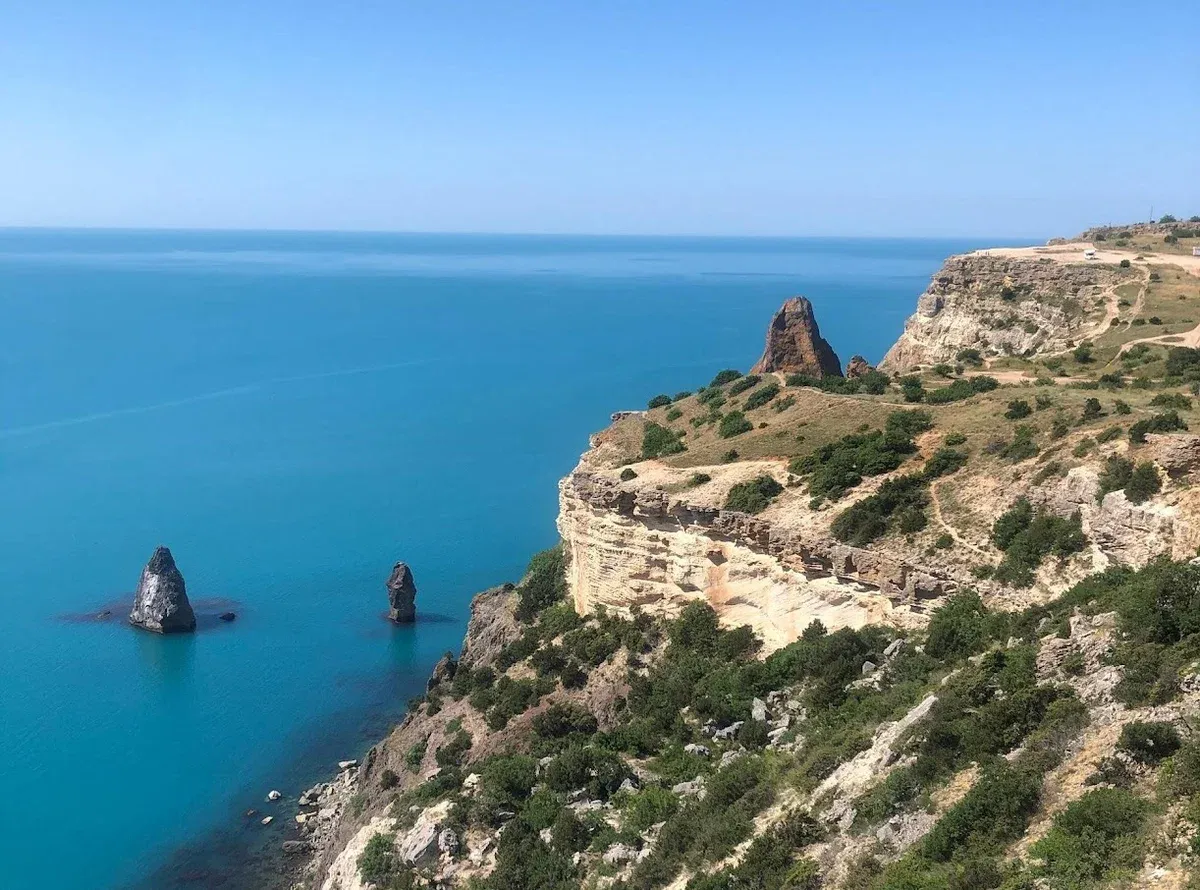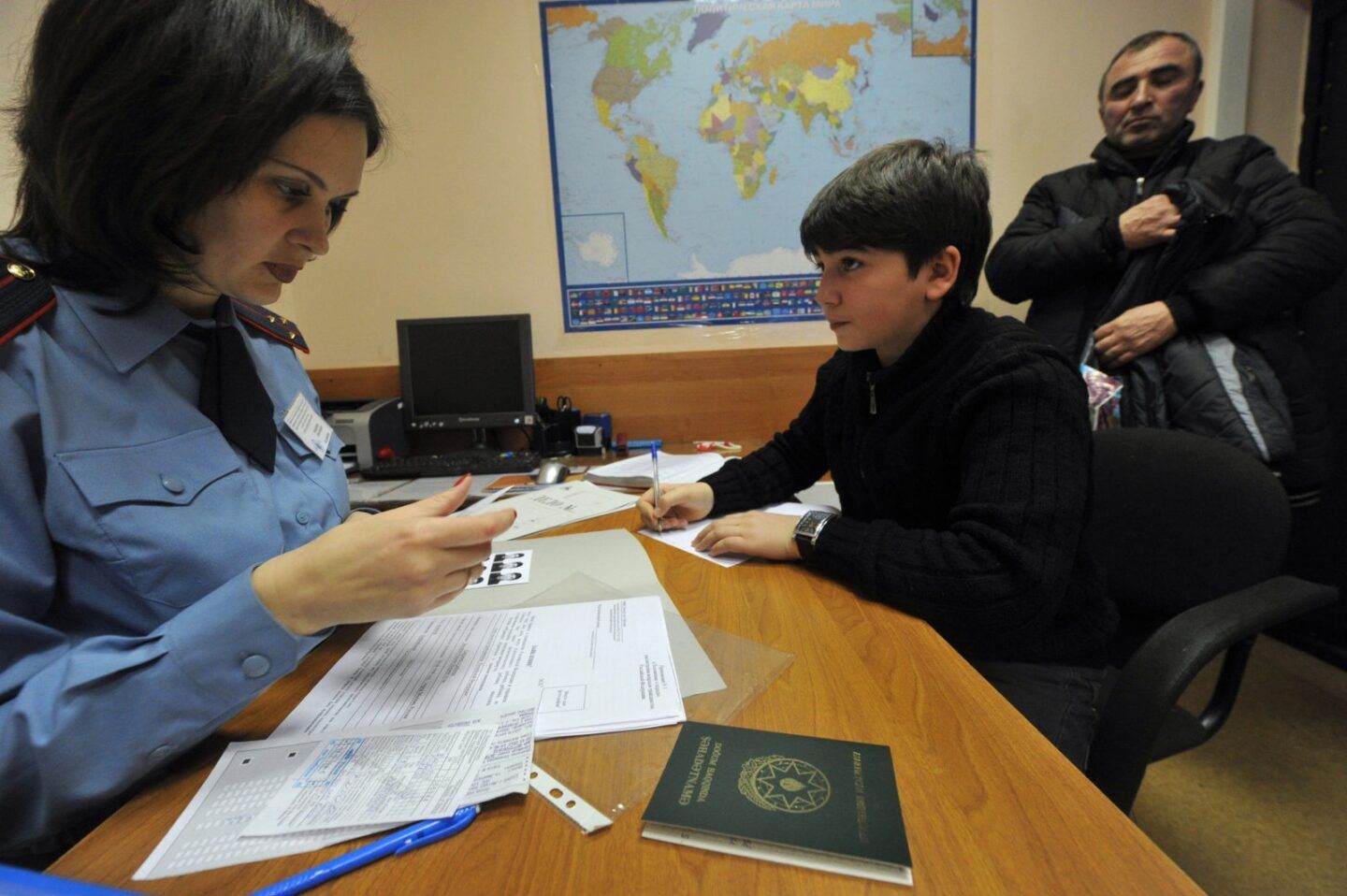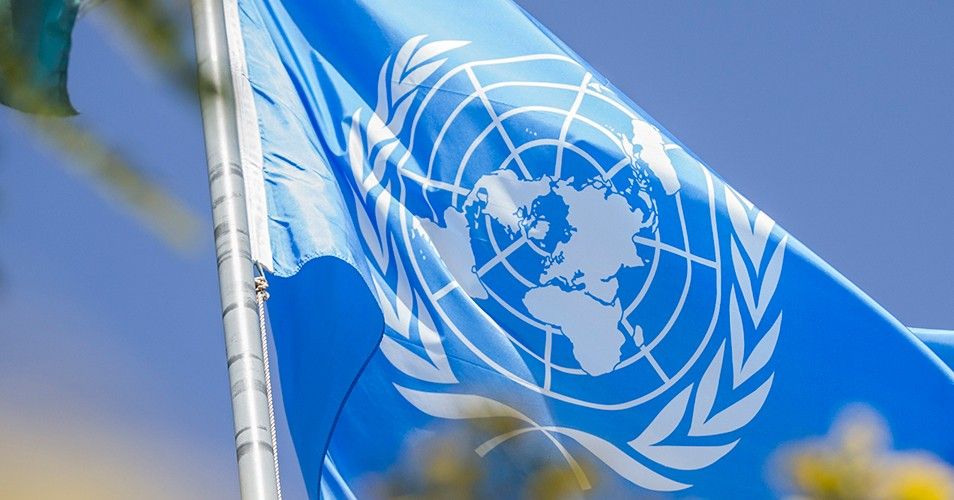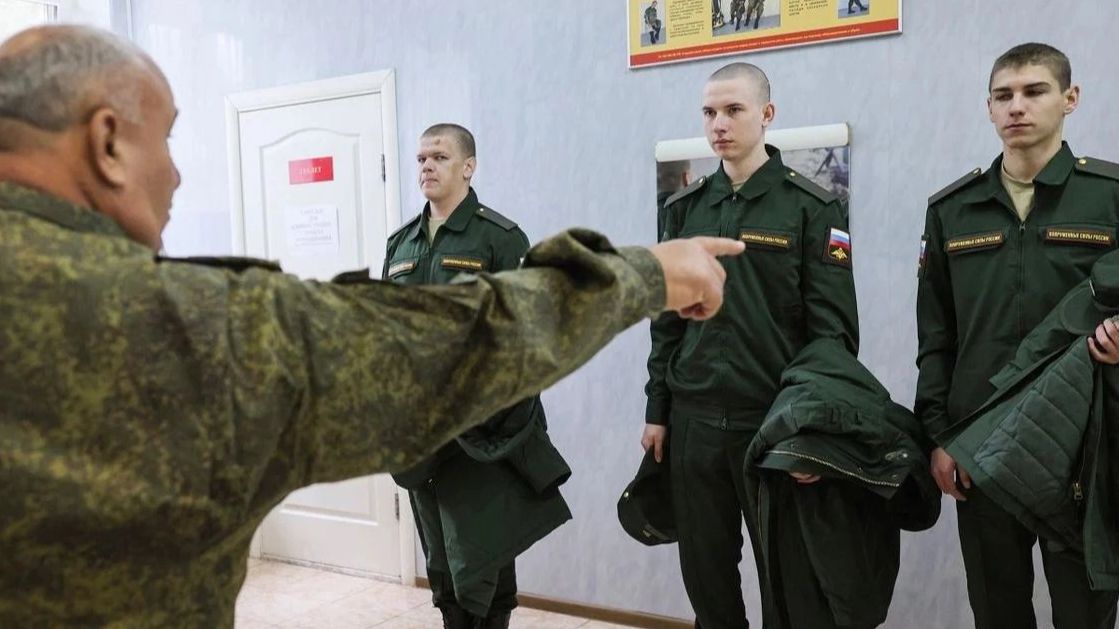Этот материал доступен на других языках: ru
31 JAN 2025
Russia does not comply with the ECHR decision on Crimea. Presentation of lawyers of the Memorial Center in the Council of Europe
31 JAN 2025

Фото: travelcrimea.com
On January 28, 2025, lawyers from the Memorial Center sent a submission to the Committee of Ministers of the Council of Europe. In the presentation lawyers described how the ECHR ruling on various systematic human rights violations in Crimea is not being implemented. At the session in March, the Committee of Ministers will consider the progress of this case for the first time.
Оглавление
About the Crimea case in the ECHR
On 25 June 2024, the Grand Chamber of the ECHR delivered a long-awaited judgement in one of the Ukraine v. Russia cases. This case concerns the events in Crimea and the resulting violations of the European Convention on Human Rights.
The ECHR has found numerous violations of the Convention by Russia in Crimea since February 2014. They concern both - administrative and criminal practices of persecuting Ukrainians for their political views or pro-Ukrainian activities.
The court noted that Russian authorities also suppress political opposition in Crimea, a practice developed and publicly promoted by prominent Russian officials.
Among the repressive practices of the authorities:
- kidnappings,
- ill-treatment,
- illegal detentions,
- the impossibility of renouncing Russian citizenship,
- suppression of Ukrainian media and the Ukrainian language in schools,
- persecution based on religious grounds,
- detention in overcrowded prisons,
- prosecution and conviction on made-up charges in retaliation for pro-Ukrainian stance,
- transfer of prisoners from Crimea to prisons in Russia.
The ECHR also noted that the application of Russian legislation in Crimea violates the norms of international humanitarian law, since the occupying power must comply with the law that was in force on the occupied territory before the occupation took place (in this case, Ukrainian law). We wrote in detail about the conclusions of the European Court here.
The European Court pointed out that Russia’s withdrawal or exclusion from the Council of Europe “does not release it from the obligation to cooperate with the Convention bodies”. However, despite the ECHR’s requests to eliminate violations of the Convention, the Russian authorities have not taken any steps to do so.
How the European Court’s decision is not being implemented
In their submission, the lawyers of the Memorial Center noted that the Russian authorities continue to hold Ukrainian political prisoners in custody, including those who were convicted in Crimea.
Even after their sentences have been served, Russian authorities continue to hold these people in deportation centres.
Crimean courts continue to hand down sentences for support of Ukraine, pro-Ukrainian positions and criticism of Russia’s full-scale invasion of Ukraine.
According to the Crimean Human Rights Group, more than 1,000 cases have been brought against pro-Ukrainian residents in Crimea since the full-scale invasion had begun. Most of them are for “discrediting the Russian army”. Ukrainians are also being tried on charges of terrorism, sabotage and treason, with sentences of up to 20 years in prison.
At least 18 Crimean journalists (citizens of Ukraine) have been deprived of their freedom for political reasons.
The persecution of Crimean lawyers and human rights activists also continues. The Kharkiv Human Group (KHG) reports that Russian authorities are using the same false “secret witnesses” in several trials against Crimean Tatar journalists and activists. These same individuals have been repeatedly used by the FSB as the only “secret witness” in more than 10 cases.
Persecution on religious grounds also continues. According to KhPG, Russian authorities continue to prosecute Muslims in Crimea for alleged involvement in the Hizb ut-Tahrir organisation, despite the fact that this organisation is legal in Ukraine.
However, Russian authorities continue to make unfounded accusations of involvement with the Hizb ut-Tahrir, and courts sentence Crimean Tatars and other Ukrainian Muslims from Crimea to prison sentences of up to 20 years.
A similar approach is being taken to the persecution of Jehovah’s Witnesses. As KhPG notes, they continue to be prosecuted and given long prison sentences for peacefully exercising their right to freedom of religion. Two Jehovah’s Witnesses from Crimea were sentenced to six years in prison for studying the Bible online.
Other people are persecuted for performing religious rituals inside prisons.
According to KhPG, after the start of the full-scale invasion, two new pre-trial detention centres were built in Simferopol. Another one is currently under construction. Human rights activists claim that these pre-trial detention centres are holding civilians abducted from the territories of the Zaporizhzhia and Kherson regions.
Many detainees are held in complete isolation, without the right to correspondence, to see their relatives, or to have an access to lawyers services. Released prisoners report that torture and psychological pressure are widely used in these detention centres.
Russian authorities continue to evade investigations into cases of enforced disappearances that have occurred in Crimea and Donbas since 2014.
The practice of enforced disappearances continues in Crimea and has spread to the newly occupied territories.
According to the Media Initiative for Human Rights, Russian security forces have kidnapped at least 1,887 civilians since the start of the full-scale invasion of Ukraine.
The KhPG reports 3,579 missing military personnel and 841 civilians.
There are currently 2,294 Ukrainian prisoners of war in Russian prisons, many of whom have been sentenced to long terms for serving in the Ukrainian Armed Forces.
In addition, Russian citizens continue to be persecuted for refusing to participate in the war and for their anti-war stance.
Recommendations
Lawyers from the Memorial Center called on the Committee of Ministers of the Council of Europe to point out to the Russian authorities the need to implement the following measures:
- Stop applying Russian legislation in Crimea and return to Ukraine legislation.
- Stop political persecution for supporting Ukraine.
- Stop the persecution of journalists, human rights defenders, lawyers and activists in Crimea.
- Stop criminal prosecution on religious grounds.
- Stop using of torture and ill-treatment of Ukrainian prisoners and guarantee their right to defence, including access to lawyers services, communication with relatives, human rights defenders, and representatives of international organisations.
- Release of all Ukrainian political prisoners through amnesty or pardon.
- Stop the practice of detaining Ukrainian released from prisons and holding them in deportation centres and to create conditions for their return to Ukraine.
- Return of all Crimean prisoners serving sentences in Russian prisons back to Crimea.
- Stop kidnappings of people of Crimea and other occupied territories and to investigate such crimes that have already been committed.

Tatiana Chernikova
Lawyer of the Memorial Center
«We see that the ECHR ruling on Crimea had recognised violations of most of the articles of the European Convention on Human Rights. This shows how serious human rights violations are in this region and how systematic they are.
Unfortunately, after the full-scale invasion of Ukraine began, these violations only worsened and spread to other regions too.
We hope that at its session in March, the Committee of Ministers of the Council of
Europe will develop detailed requests for the Russian authorities, for the implementation of which Russian and Ukrainian civil societies, as well as the international community, will jointly fight.»
Unfortunately, after the full-scale invasion of Ukraine began, these violations only worsened and spread to other regions too.
We hope that at its session in March, the Committee of Ministers of the Council of
Europe will develop detailed requests for the Russian authorities, for the implementation of which Russian and Ukrainian civil societies, as well as the international community, will jointly fight.»
Поделиться в социальных сетях



